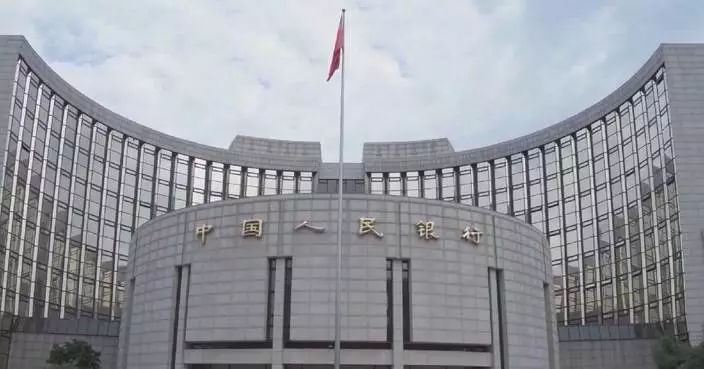South Sudan's men's basketball team have received a heroes' welcome in the country's capital Juba after returning from France.
The team made history by beating Puerto Rico 90 points to 79 in their first-ever Olympics, and put up a spirited performance against the tournament favorites, the United States.
With the defeat to the U.S. and Serbia, they ultimately bowed out in the group stage. But that didn't stop the Bright Stars becoming a source of joy for the world's youngest nation.
Many residents in Juba have decided to be off from work, and have come in large numbers to welcome the team that has returned from the Paris Olympics.
As players get out of the plane in Juba, thousands of supporters are awaiting their Olympic basketball stars.
"I came at six o'clock in the morning. I am very happy, I have been waiting, and now the team has arrived. I want them to stay for a week or two with us before they return to their respective clubs," said James Magok, a resident.
"The basketballers are back in town and we are so proud of them. Though they did not make it to the last stage, we are so grateful that they managed to represent us at the global stage and put our name on the map," said Arek Abraham, South Sudan's candidate for the 71st Miss World beauty pageant.
From Juba Airport, the team drove across the city then headed to the basketball stadium.
South Sudan's government says the impact of the basketball team goes beyond sport.
"Let me tell you this, you have turned the trend of what is happening in our country, now the young people, the youth that I am responsible for, you have changed them and you have united them," said Rebecca Nyandeng, Vice President of South Sudan.
South Sudan basketball players say what keeps them going is the unwavering support they get from fans at home.
The next competition for the Bright Stars is Afro Basketball in November where the team will meet Mozambique, Mali and the Democratic Republic of Congo.

South Sudan's Olympic basketball team receives heroes' welcome at home




















































